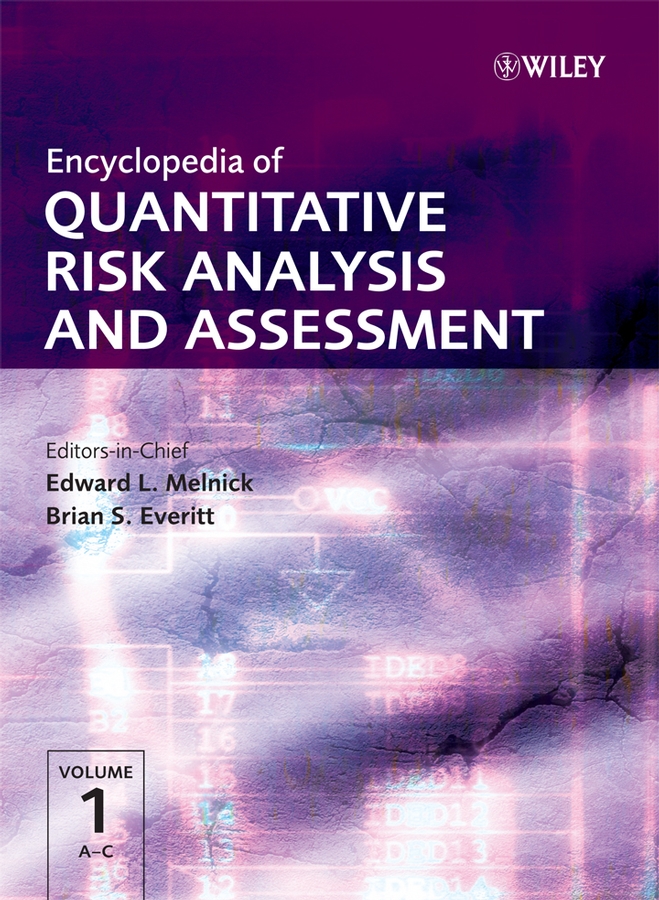Comparative Efficacy Trials (Phase III Studies)
Abstract
A comparative efficacy trial (a phase III study) is a clinical trial that is designed to compare the efficacy of an experimental treatment with that of a control treatment (active or a placebo). This article provides a brief introduction to the design and analysis of phase III trials. The issues discussed include randomization and blinding, selection of populations for study, selection of efficacy endpoints, the risk of type I and II errors, the determination of sample size, multicenter trials, interim analysis, and the assessment and comparison of treatment effects between/among different treatment groups.



